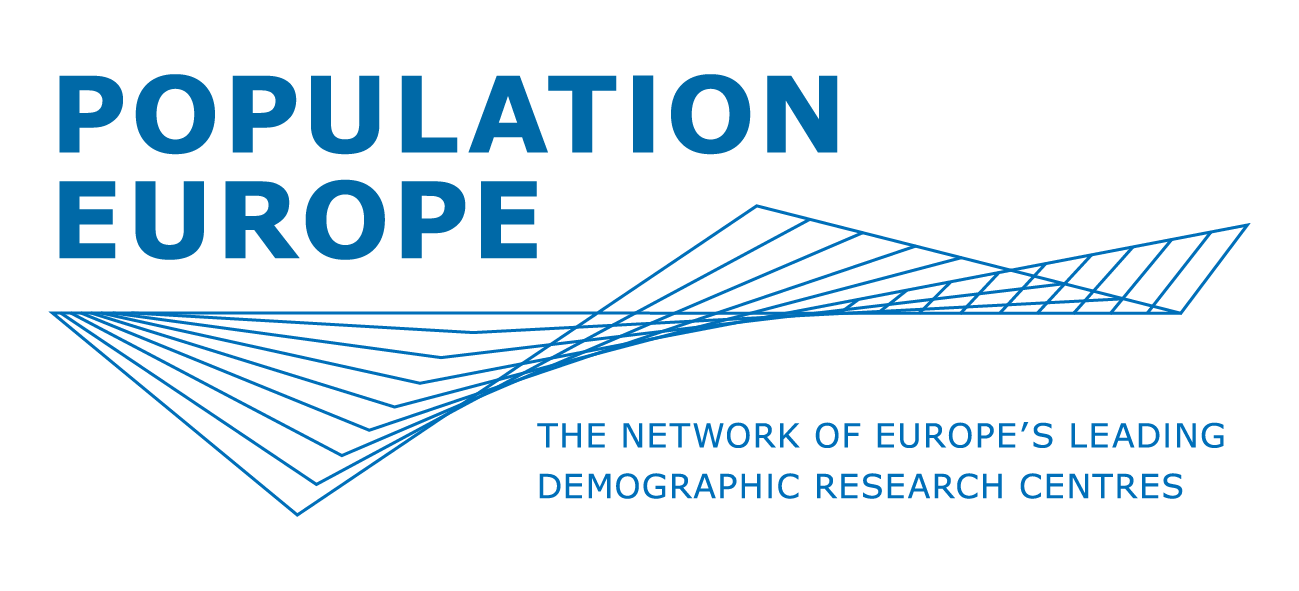Ageing, mortality
Age matters. Individual choices largely depend on where the individual stays in her lifecycle; public outcomes, such as savings, economic growth, and the institutional structure of intergenerational resource reallocation, depend on the age composition of society. Ageing matters, too, both the ageing of individuals and the ageing of societies. Intra-generational variance in the length of the lifespan is changing (the survival curve is becoming ever more rectangular but it might change again in the future) and longevity is increasing. Societies are reaching the phase of the second demographic transition, which makes the age-tree older than ever before. Current ageing-related research at the HDRI is focusing on the application of National Transfers Accounts and National Time Transfers Accounts.
Health is a crucial factor of successful ageing and a main determinant of individual well-being. The average health status of Hungarians is poorer than many other countries in the EU and it is strongly determined by social status. The flow of research in this area within the HDRI focuses on social determinants of health. Hungarian mortality is also high in comparison with other member states of the EU and mortality trends are less favourable than in other countries in Central Eastern European countries. Our research targets trends of cause-specific mortality and geographical inequalities in longevity.
Researchers
BÁLINT, Lajos; GÁL, Róbert Iván; KOVÁCS, Katalin; MONOSTORI, Judit; NÉMETH, László; OBÁDOVICS, Csilla; VARGHA, Lili
Related international projects
Ageing Europe: An application of National Transfer Accounts for explaining and projecting trends in public finances (AGENTA)
INEQ-CITIES - Socio-economic inequalities in mortality: evidence and policies in Europe





